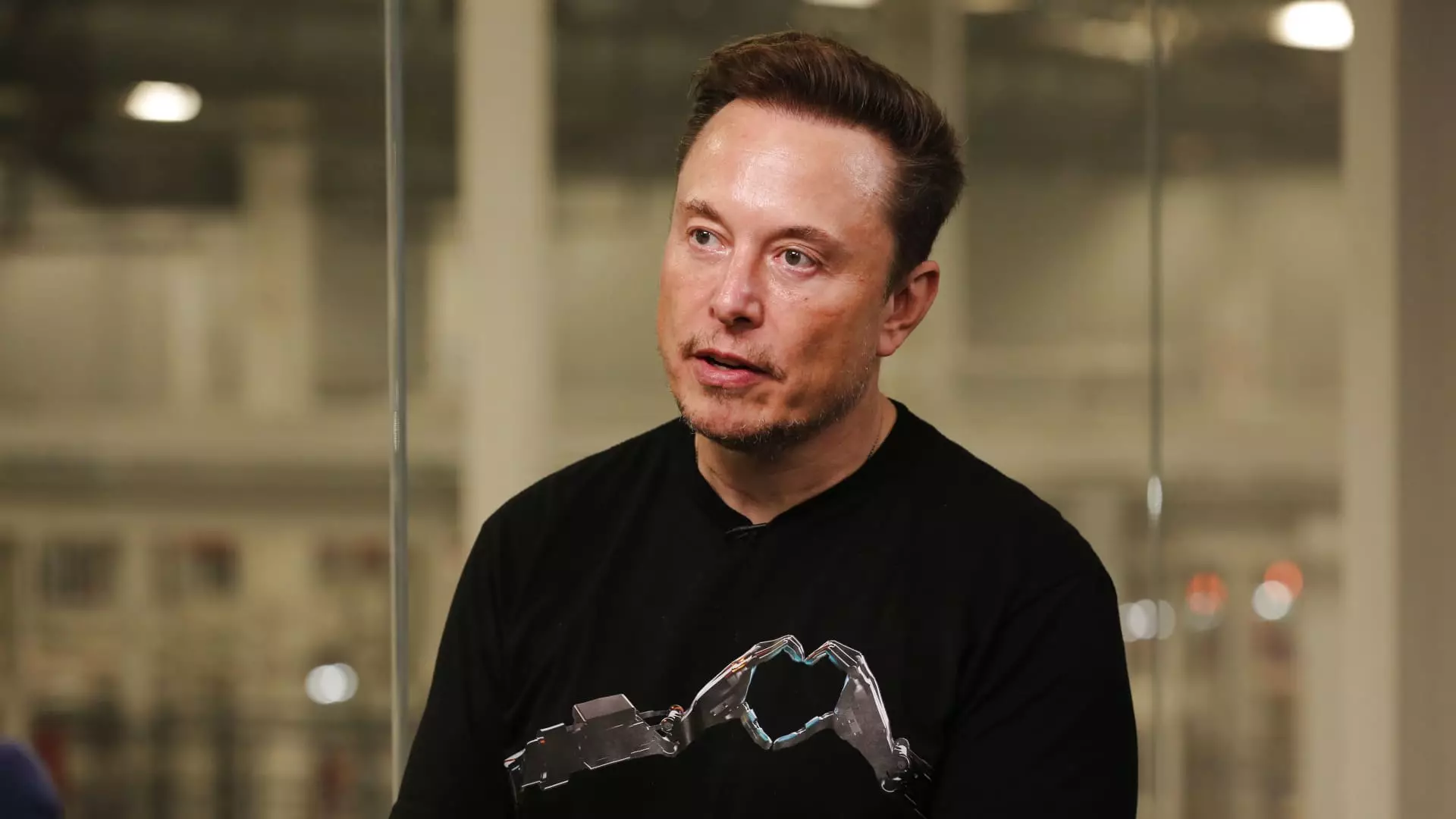The recent resignation of Marko Elez from the Department of Government Efficiency (DOGE), a team associated with tech mogul Elon Musk, has raised significant eyebrows and questions regarding the intersection of technology, government, and controversial personal beliefs. Elez’s departure, triggered by inquiries from the Wall Street Journal concerning his links to a now-defunct social media account known for its disturbing advocacy of racism and hate speech, highlights the precarious nature of public service in the digital age. Amidst ongoing debates about the future role of technology in governance, this incident serves as a cautionary tale.
Elez, a 25-year-old designated as a special government employee, faced swift backlash after it was revealed that the pseudonymous account @nullllptr—previously linked to him—had posted incendiary remarks regarding race and violence. Archived posts cited by the Journal showcased a problematic narrative, including a tweet that stated, “You could not pay me to marry outside of my ethnicity,” and remarks that callously suggested both Gaza and Israel should be “wiped off the face of the Earth.” Such incendiary statements resonate poorly with current socio-political sensitivities and raise questions about how people with such beliefs can hold positions within government frameworks designed to serve all citizens.
Following the critical revelations, White House spokesperson Karoline Leavitt confirmed Elez’s resignation in response to the revelations about his past online behavior. This rapid response indicates both the seriousness with which the administration is treating the matter and a broader acknowledgment of the potential reputational risks associated with such affiliations. Treasury Secretary Scott Bessent articulated confidence in the competency of the DOGE team, describing them as “highly trained professionals,” which underscores the tension between professional expertise and personal accountability.
This incident brings to light a pressing issue in today’s digital landscape: the consequences of online actions, especially for public officials. The ability to connect personal ideologies with professional responsibilities can have repercussions that extend beyond individual actions, potentially impacting governmental operations and public trust. The implications of Elez’s online statements reflect a growing need for scrutiny in the selection process of government employees, particularly in roles that intersect heavily with sensitive social and economic policies.
The resignation of Marko Elez serves as a potent reminder of the fragility of public trust in government institutions. As technology continues to evolve and intertwine with public service, oversight mechanisms must also adapt to ensure that those serving the public uphold the values and responsibilities inherent in their roles. The intersection of personal beliefs and professional duties is fraught with peril, and cases like Elez’s underscore the necessity for transparency and ethical conduct in all layers of government, driven by the modern digital discourse. As society grapples with these complex issues, the need for vigilance and accountability in the sphere of government efficiency becomes increasingly apparent.


Leave a Reply